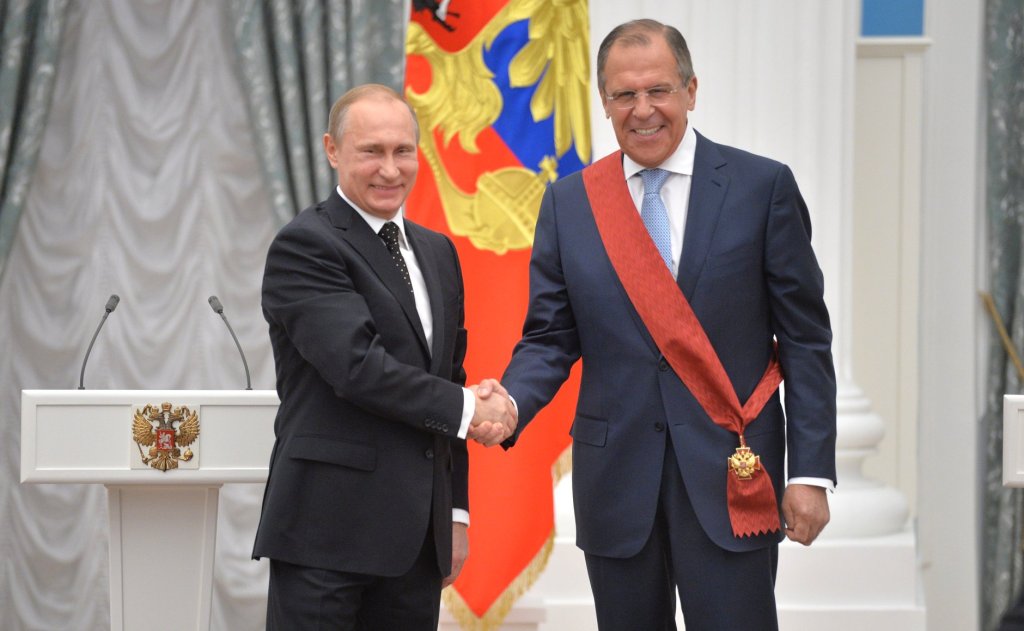
Ukrainian and British intelligence have raised concerns of a major provocation on Russian victory day, as Finland sets course for NATO membership.
Ukrainian intelligence cited a potential declaration of the annexation of Eastern Ukraine or a referendum coinciding with the March.
Concurrently, Finland will decide whether to join NATO on May 12th, three days after the parade. Given previously ignored warmongering by Russia, it is unlikely anything barring a massive escalation would influence or derail Finland’s decision.
Russia’s state media campaign has been escalating, with graphics showing a discussed nuclear strike that would ‘sink’ the British isles, neutral Ireland included. Russian media continues to praise their nuclear delivery weapons, continuously repeating their ‘unstoppable’ nature.
No matter the veracity of Russia’s claims, an unstoppable missile means nothing to a nation whose deterrence strategy is mutually assured destruction. Though some Russian media spokespeople are trying to comfort their viewers with illusions of ‘glorious’ or ‘just’ death, others continue to threaten NATO, nuclear-armed states, seemingly without comprehension of their death wish. Suppose Russia’s threats are to be taken seriously. In that case, it must first acknowledge plainly its suicidal intentions, with due regard for its citizens and the citizens of the nations it will be targetting.
Russia’s nuclear terrorism and dangerous rhetoric have isolated it, drawing away key partners who had prevented the nation from facing a full-scale economic assault. Central European nations, most importantly Germany, have shown serious consideration for shuttering Russia’s exports in the region. Moreover, a callous and offensive claim by Russian Foreign Minister Sergei Lavrov concerning Hitler’s identity as a Jew was severely rebuked by Israel, a nation that has been reticent to sever ties with the Kremlin on account of intraregional strategic objectives.
Russia’s isolation may not be enough to end the war in Ukraine quicker than expected. Still, it will damage Russia beyond repair, to the point where future invasions and development are impossible without serious political and national reform.
You must be logged in to post a comment.